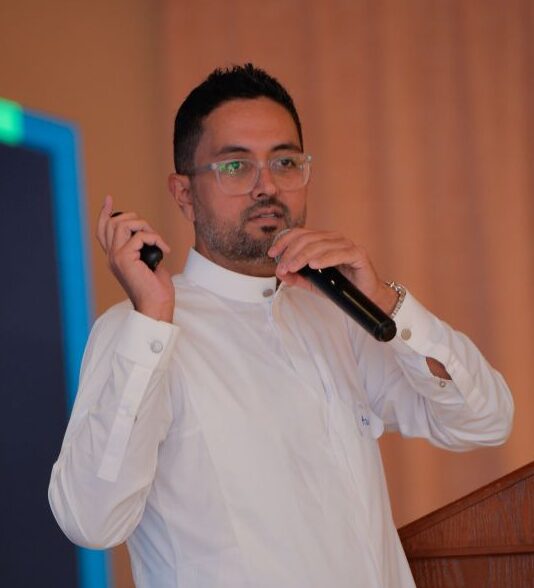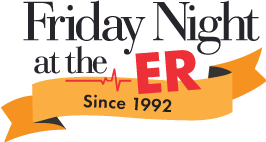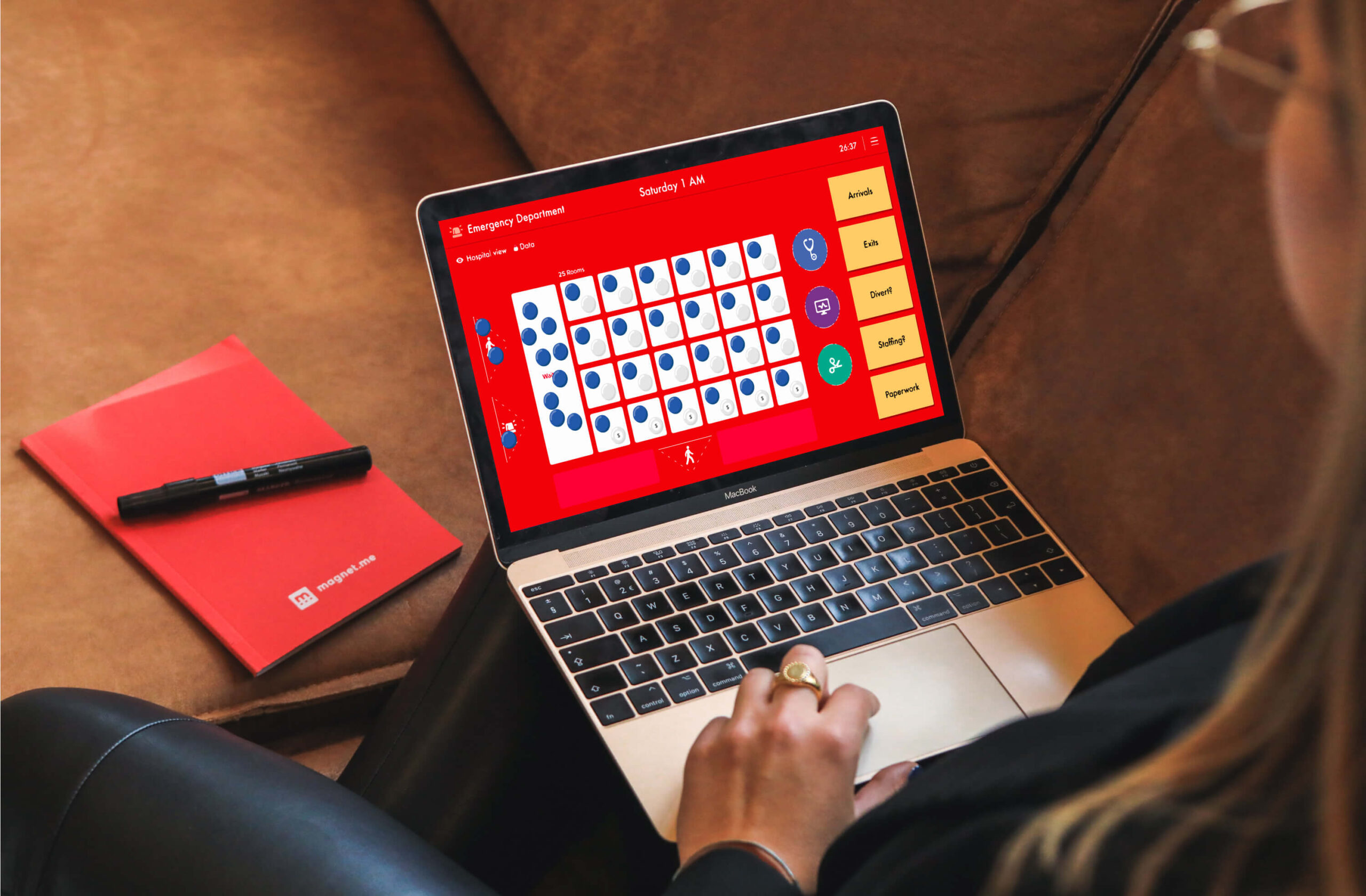In 2015, when Azad Godus was in a learning and development fellowship at the Cleveland Clinic, he attended a course about hospital finances that left such an impression, it would forever change how he thinks about education.
Anticipating a monotone lecture about cash flow and balance sheets — topics Azad normally found boring — he was delighted to learn that he would be playing a simulation game instead. The instructor had chosen to use an experiential learning activity where Azad and the other fellows would learn by doing instead of listening. They played the role of hospital managers faced with financial decisions, and the experience was so fun and engaging that Azad not only found the topic interesting, but forgot he was in learning mode.

It was a pivotal moment for Azad, and sparked a new approach to his work in continuous medical education at King Faisal Specialist Hospital and Research Center in Jeddah, Saudi Arabia that eventually led him to Friday Night at the ER.
“One of the things I became passionate about is experiential learning,” he explains. “If people learn by doing or learn by having fun, it will stick in their minds.”
Today, Azad uses Friday Night at the ER as a key component of the hospital’s interprofessional education (IPE) program, which he helped launch in 2021. Once a month, he leads health care practitioners from as many as seven different professions in a day-long workshop titled, “Efficient Patient Care Through Effective Interprofessional Collaborative Practice.”
Azad starts the workshop with a discussion about the value of interprofessional collaboration, introducing the core competencies for IPE and the challenges of implementing them, then examines a number of patient case studies from either textbooks or the hospital itself with these competencies in mind. After lunch, he introduces Friday Night at the ER as a follow up activity to further explore and practice some of the competencies outlined in the morning.
It’s far more effective than a simple slide presentation, Azad says, because it’s a fun experience shared by people from different departments. All the participants get to step into new roles, which further underscores how everyone — from the surgeons to the record keepers — is a valuable contributor on a patient’s care team. During the debrief, they reflect on their shared ethics and values, the importance of effective teamwork and how having a better understanding of each other’s unique roles all ultimately impact patient care at their hospital.
“Our aim is to have a session where almost 14 professions can be there because you want to hear comments from everyone taking care of the patient,” he says.
The program has been so effective that it received the 2022 National Patient Safety Award for innovative training and teaching strategies from the Saudi Patient Safety Center, and Azad is now offering the workshop externally to anyone in the community. He also has plans to use the game in an upcoming Healthcare Leadership Academy, sponsored by the Saudi Commission for Heathcare Specialties, which is the nation’s accreditation body for medical professionals.
We talked with Azad recently to learn more about his use of Friday Night at the ER, and why he thinks it’s such an effective learning tool for interprofessional collaboration and practice.
After your fellowship at the Cleveland Clinic, you got a Master’s degree in Education Entrepreneurship from the University of Pennsylvania. That program is focused on driving innovation in educational organizations. Was there any discussion about games or simulations?
Actually, the program is focused on developing educators to have a business mindset. There was no specific discussion about games or simulation, but my project was about the impact of experiential learning on healthcare staff. The name of the project was (Enter-Act), where experiential learning sessions could be conducted for better educational benefits. These sessions could be simulation-based or game-based.
Why do you think games and experiential activities are effective teaching tools?
I think experiential learning and game-based learning gives participants and learners an experience that will stick in their minds. It is like if I want to teach my kid how to play basketball, do I talk about basketball or do I show her how to play in the field?
We know that you found other games that were set in a hospital during your search for a game for the IPE program. Why did you choose Friday Night at the ER over the others?
I was looking for innovative solutions to teach or train learners about IPE, so I started to look for game-based learning opportunities related to healthcare. What stood out as the special thing about Friday Night at the ER was the three core strategies, which align with IPE and collaborative practice concepts.
Now that you have been using the game for a few years, why do you think it’s so engaging?
When I linked the game with my IPE session, it was like I found the missing piece of the puzzle. If the participant, in the session, learns that knowing the roles and responsibilities of other professions is important, then they will experience that after the game.
You learned how to lead using our Remote Facilitator Training. What did you think about the course? Would you recommend it to others?
The course itself was beneficial but the most important thing, that was very beneficial to me personally, was when I met with Jeff (Breakthrough Learning CEO Jeff Heil) afterward. One-on-one, live interaction clarifies a lot of questions the facilitator might have. I would recommend the course, and highly recommend that potential facilitators take advantage of the live meetings offered.
Is there anything else you would like to say about Friday Night at the ER and how it has impacted your IPE program?
Friday Night at the ER has helped me a lot to deliver concepts of IPE in a more interactive and engaging environment. I also would like to thank the Friday Night at the ER team for being so keen on the success of the game. Their continuous communication and welcoming responses to requests for assistance make this game special.
More User Stories
Piotr Semaniuk: Promoting Lean Healthcare in Poland
Phil Cady: Using Two Rounds of Game Play to Measure Improvement
Linda van der Steen: Teaching Government Teams to Self-Organize in The Netherlands


